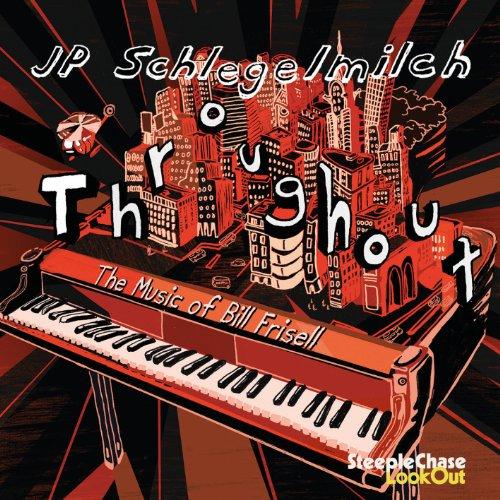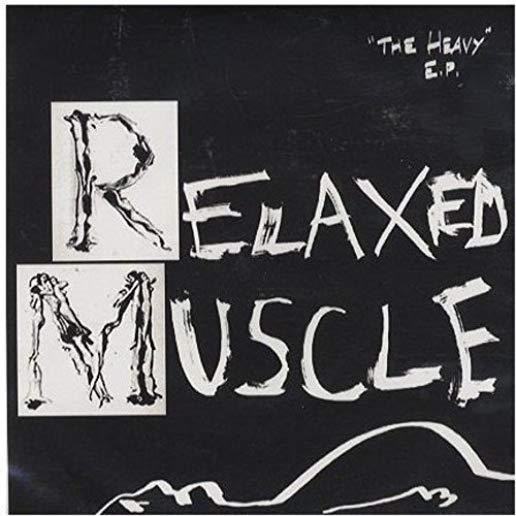
description
s were found in the Indiana Harbor shipping canal of East Chicago, their identities unknown. With no missing children of their age and appearance reported in the city, the police had begun to lose hope until a breakthrough led them to the murderer: their father, George Chisholm, a Canadian World War I veteran.
How could a parent commit such a crime? The case drew headlines around the country and worldwide. The death penalty loomed for Chisholm, and his attorneys planned a campaign to save him from the electric chair on the grounds of mental illness. During World War I, while serving in the Victoria Rifles of Canada for three years, Chisholm endured the horrors of trench warfare and the Battle of Vimy Ridge. After being gassed and shell-shocked on the battlefield, Chisholm returned to Canada a changed man and his mental health deteriorated. Although the war had produced epidemic levels of shell shock, it had often been viewed as "cowardice" or "nervousness," rather than debilitating psychological trauma. And yet, its effects persisted long afterward, manifested in shocking cases like Chisholm's.
Set near Chicago during the roaring twenties-the era of Capone and Lindbergh, bootlegging, gangsters, and rapid social change-Fiendish Crime explores not only George Chisholm's case, but also the legacy of tragedy that continues long after war.
How could a parent commit such a crime? The case drew headlines around the country and worldwide. The death penalty loomed for Chisholm, and his attorneys planned a campaign to save him from the electric chair on the grounds of mental illness. During World War I, while serving in the Victoria Rifles of Canada for three years, Chisholm endured the horrors of trench warfare and the Battle of Vimy Ridge. After being gassed and shell-shocked on the battlefield, Chisholm returned to Canada a changed man and his mental health deteriorated. Although the war had produced epidemic levels of shell shock, it had often been viewed as "cowardice" or "nervousness," rather than debilitating psychological trauma. And yet, its effects persisted long afterward, manifested in shocking cases like Chisholm's.
Set near Chicago during the roaring twenties-the era of Capone and Lindbergh, bootlegging, gangsters, and rapid social change-Fiendish Crime explores not only George Chisholm's case, but also the legacy of tragedy that continues long after war.
member goods
No member items were found under this heading.
Return Policy
All sales are final
Shipping
No special shipping considerations available.
Shipping fees determined at checkout.







